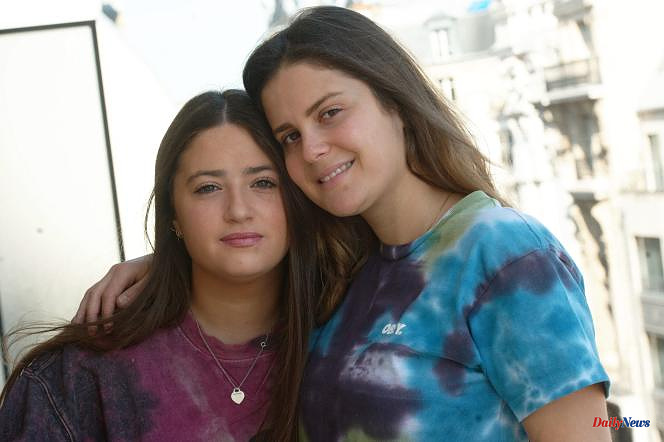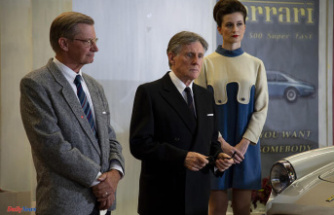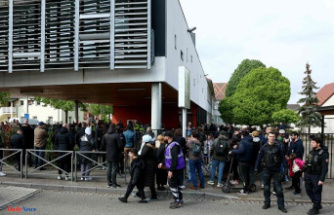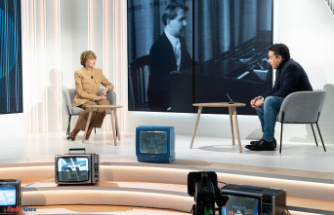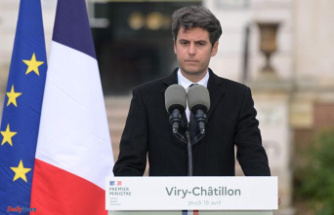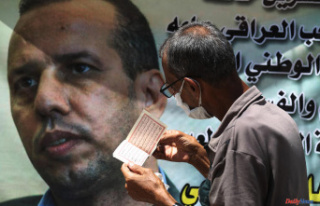"Being gay is a fact", sums up Quebec director Xavier Dolan (I killed my mother, 2009, Laurence Anyways, 2012). “We are: that is, we become, but we always have been. When will coming out, of sexual or gender identity, no longer be necessary? At the microphone of Julia Layani and Elise Goldfarb, entrepreneurs at the head of the communication agency Elise
Although most of the guests are personalities from the world of music (Eddy de Pretto, Bilal Hassani, Lala
All generations speak first of the first emotions, of self-revelation, like bad news in a heteronormative world. Then comes the need to say, a burden, and a second birth, the price of the freedom to be oneself. Then you have to go through the banality of homophobia − sometimes combined with racism and/or misogyny −, the internalization of this with the procession of cruel treatment inflicted on others or on oneself, the weight religion or family traditions, to dare to imagine an existence that would no longer be restricted by the weight of secrecy, shame, guilt.
A myriad of representations
The guests unfold the apprenticeships, the shady spaces and what this journey implies in their sexual and sentimental itinerary. "I had so little regard for my body that I did anything with it", slips Augustin Trapenard before addressing the question of consent.
Each story, which the universal aspirations of their protagonists do not prevent from being unique, ultimately forms a myriad of representations, very much alive, diverse, overwhelming and necessary. "In my time, representations on television or in Hollywood mixed homosexuality with AIDS, suicide, or the gay characters were in a stooge role, standardized and accessorized, which left little room for 'identification,' says Xavier Dolan. On the contrary, these stories form a virtuous circle of coming out, on which the listener could rely to identify himself and, in turn, speak out. Or just understand.
The podcast, which already has nearly forty episodes, offers the reverse shot of these narratives, in five special episodes where we hear parents tell their version of this moment (and a first story of a person born by PMA). A regret, however: a form almost a little too raw, made of the voice of the guest and a few musical commas. Still, this minimalism serves the listening of this series, thought as a tool of emancipation.

